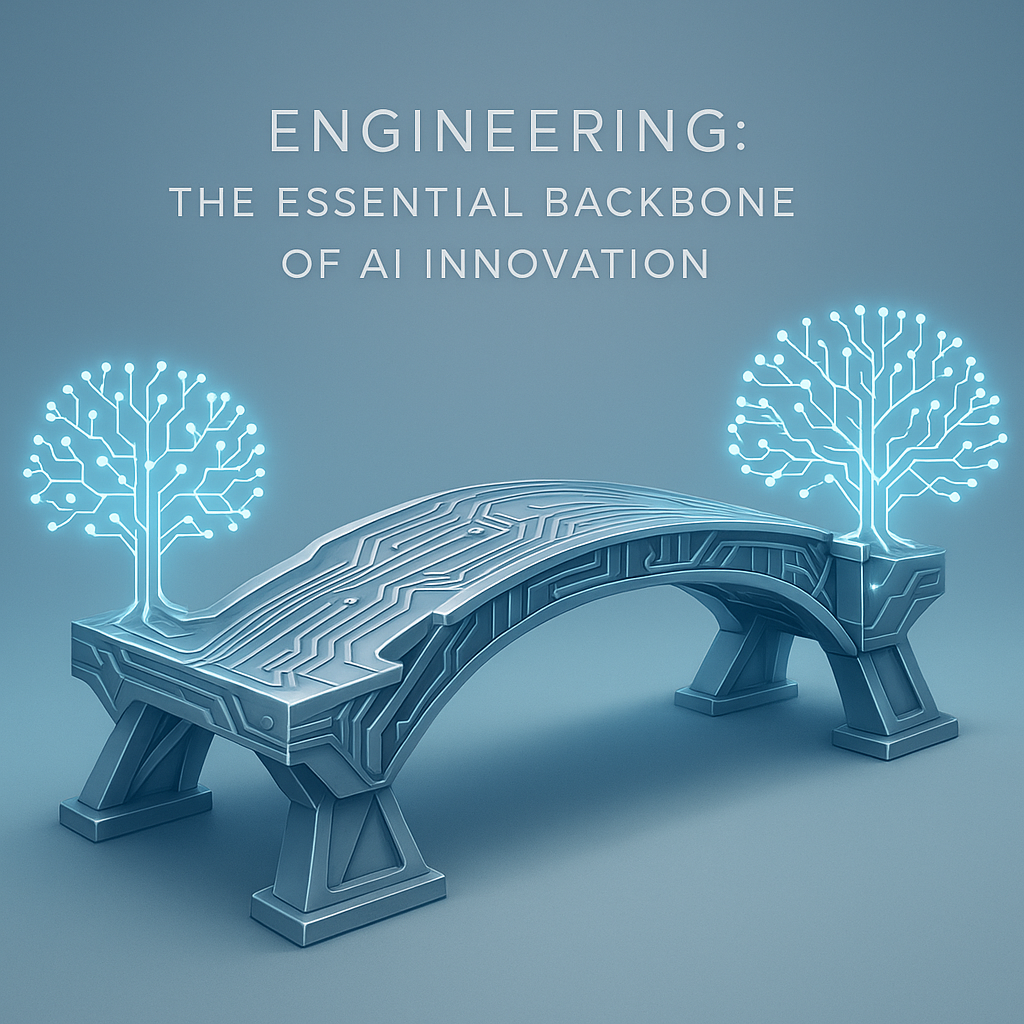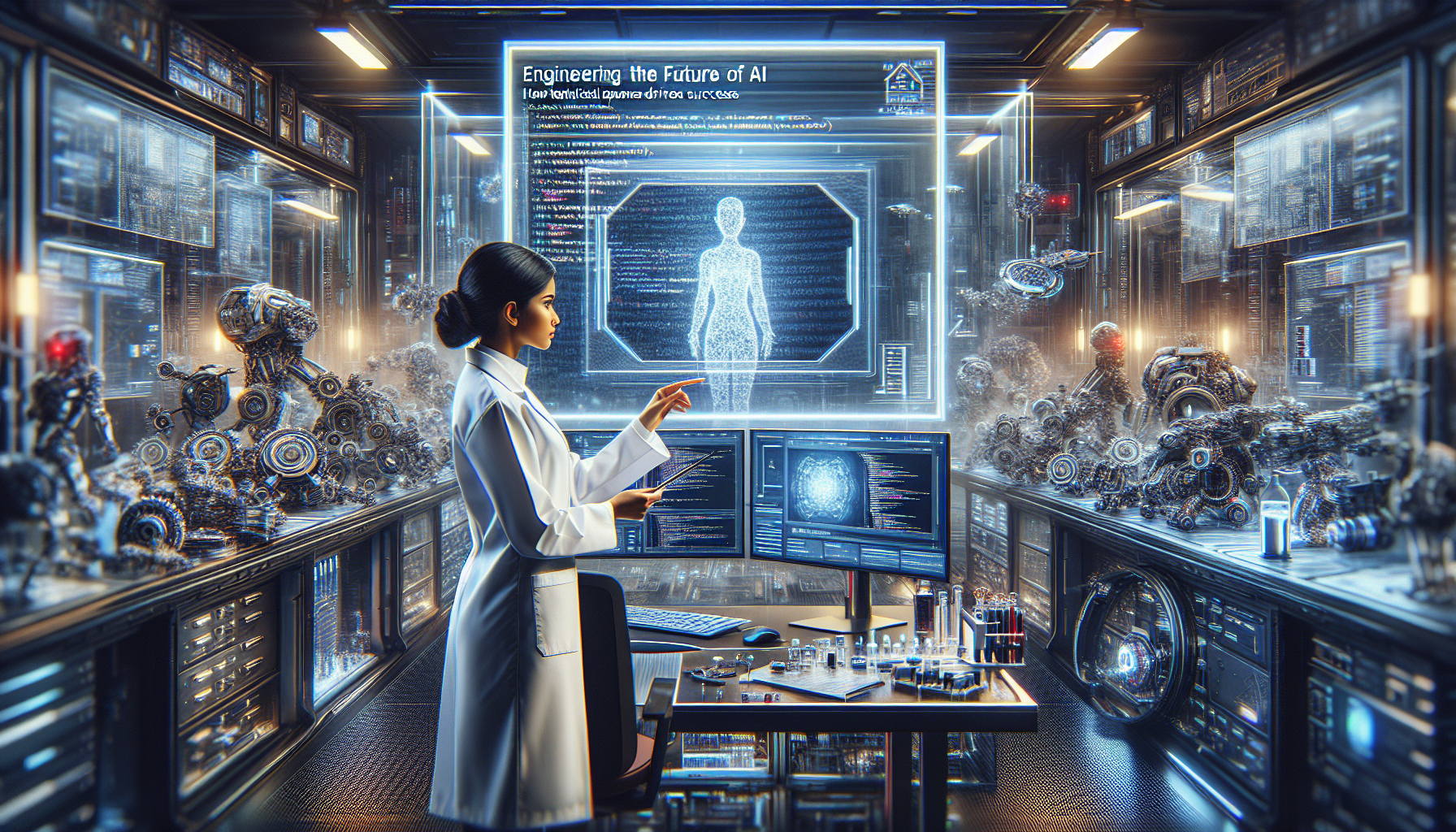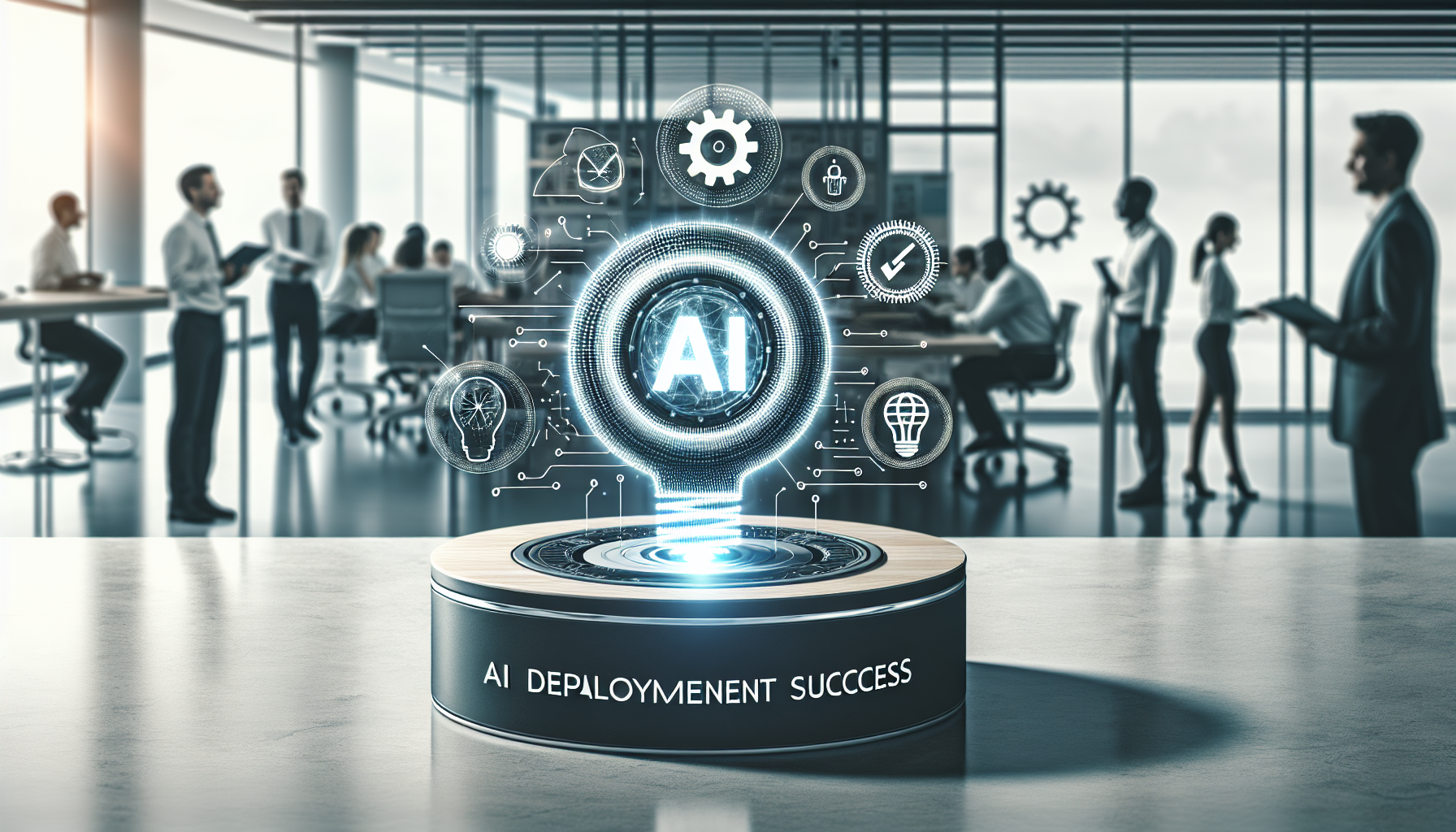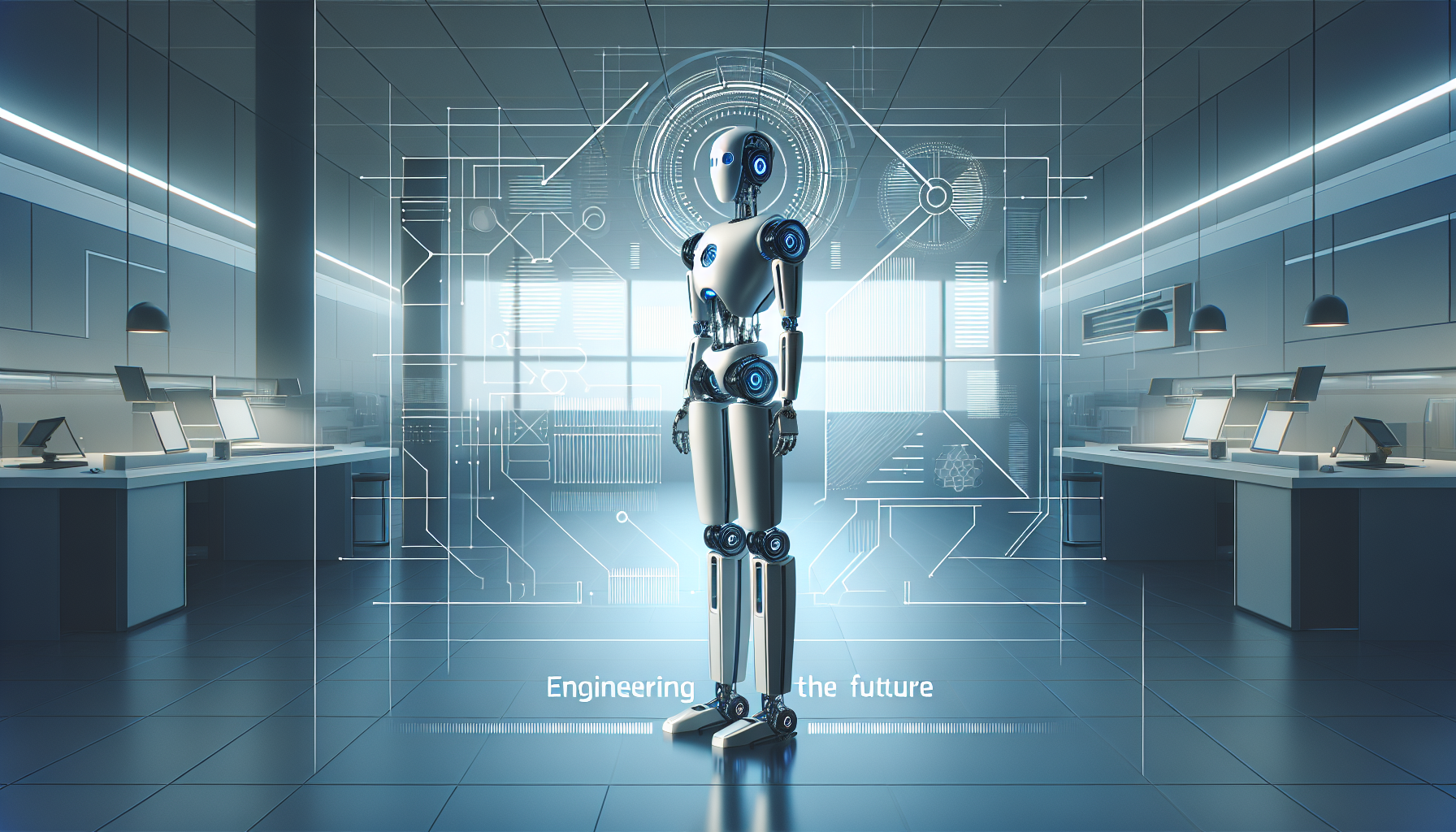Engineering: The Backbone of Successful AI Deployment
Artificial intelligence (AI) has transcended beyond theoretical allure, positioning itself as a pivotal force in business innovation and the future of computing. However, the transformative potential of AI solutions hinges fundamentally on engineering prowess. Engineering forms the concrete bridge between AI’s conceptual framework and its successful practical realization. From systems design to programming and software development, engineering expertise ensures AI implementation is robust, scalable, and aligned with organizational goals.
At its core, engineering in AI deployment involves orchestrating complex, interdependent components—algorithms, data pipelines, hardware infrastructure, and user interfaces—into a cohesive ecosystem. This requires a multi-disciplinary approach that blends deep domain knowledge in artificial intelligence with traditional engineering principles. Excellence in this integrative process is the bedrock upon which high-impact, reliable AI solutions are constructed.
Systems Design: Architecting AI for Business Impact
Systems design is a critical engineering phase where theory meets pragmatism. It encompasses the architectural blueprint of how AI components interact, performance optimization, and the seamless integration of AI with existing business systems. Effective systems design demands anticipation of challenges like data heterogeneity, real-time processing needs, and cybersecurity vulnerabilities.
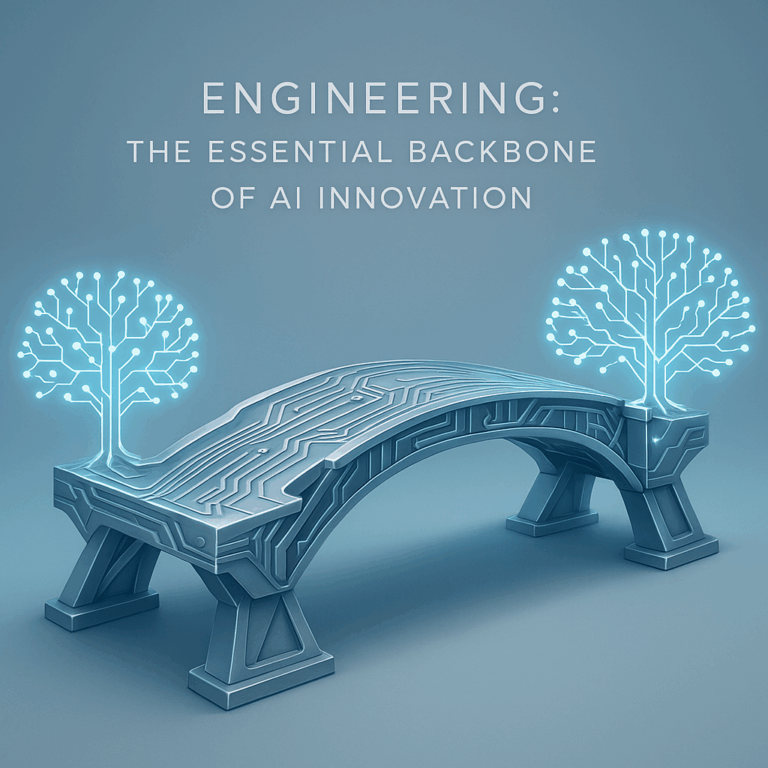
For instance, designing a recommendation engine for an e-commerce platform requires balancing machine learning model accuracy with latency constraints and user privacy. Engineering teams must also scaffold the infrastructure to accommodate continual model updates, feedback loops, and monitoring tools. This strategic layering of AI atop robust systems design accelerates time-to-market and maximizes business value.
Programming and Software Development: Bringing AI Algorithms to Life
Programming is the tangible expression of AI engineering. The transition from theoretical algorithms to executable code calls for mastery over machine learning frameworks, libraries, and languages like Python, TensorFlow, and PyTorch. Beyond coding models, software development in AI encapsulates data ingestion, feature engineering, model training, and deployment pipelines.
High-quality AI implementation involves rigorous version control, automated testing, and containerization to promote reproducibility and portability. Approaching AI solutions with software engineering best practices ensures scalability as business demands evolve, along with maintainability to handle long-term technological innovation.
Engineering Challenges and Innovative Solutions in AI Deployment
AI deployment confronts distinct engineering challenges including data quality variability, hardware performance bottlenecks, and algorithmic bias. Overcoming these requires inventive strategies rooted in engineering rigor and creativity.
To address data issues, engineering teams implement robust preprocessing pipelines that cleanse and normalize inputs before feeding them into machine learning models. Scaling AI workloads demands harnessing GPU acceleration and cloud-based infrastructure that dynamically adjusts to computation needs. Moreover, inclusive systems design integrates bias detection mechanisms and fairness-aware algorithms, embedding ethical AI practices into the engineering workflow.
For instance, in robotics—an intersection of mechanical, electrical engineering, and AI—ensuring real-time sensor fusion and responsive control systems exemplifies how interdisciplinary engineering solutions enable AI capabilities within intelligent machines.
Engineering as a Catalyst for Technology Innovation in Business
The fusion of AI with engineering not only solves technical problems but sparks broader technology innovation within businesses. Automated decision-making systems powered by AI reshape marketing strategies through predictive analytics, elevating customer targeting and engagement. In supply chain management, AI-driven forecasting optimizes inventory and reduces costs.
Engineering teams turn these innovative AI applications into reliable, scalable platforms that integrate seamlessly within enterprise ecosystems. This technological transformation empowers businesses to outpace competition and adapt swiftly to changing market dynamics. The role of engineering here is that of an enabler—ensuring AI delivers tangible outcomes rather than remaining experimental.
Recommendations for Successful AI Implementation Through Engineering Excellence
1. **Adopt a Holistic Systems Design Approach:** Prioritize architectural flexibility to accommodate AI model evolution, data expansion, and interoperability with legacy systems.
2. **Invest in Cross-Disciplinary Expertise:** Blend data science, software engineering, and domain knowledge to foster comprehensive AI solutions tailored to business contexts.
3. **Emphasize Robust Data Engineering:** Build resilient, automated pipelines to ensure clean, reliable data feeding models—foundation for trustworthy AI decisions.
4. **Leverage Scalable Infrastructure:** Utilize cloud platforms and hardware accelerators to dynamically scale AI workloads while optimizing cost and performance.
5. **Embed Ethical Engineering Practices:** Incorporate bias detection, transparency, and fairness mechanisms to maintain ethical AI deployment and sustain user trust.
6. **Maintain Continuous Monitoring and Improvement:** Implement lifecycle management processes to track AI performance, identify drifts, and facilitate timely retraining.
Final Insights: Engineering as the Keystone of AI Success
Engineering transcends mere technical implementation; it is the strategic linchpin that transforms artificial intelligence from abstract algorithms into real-world, business-driving assets. The future of computing and technology in business hinges on this synergy, where innovative engineering breathes life into AI’s promise.
By embracing rigorous systems design, diligent programming, and adaptive problem-solving, engineering teams pave the way for AI solutions that are not only intelligent but sustainable, scalable, and ethically sound. As AI continues to permeate every industry, the role of engineering will only amplify—delivering innovations that shape our connected, intelligent future.
